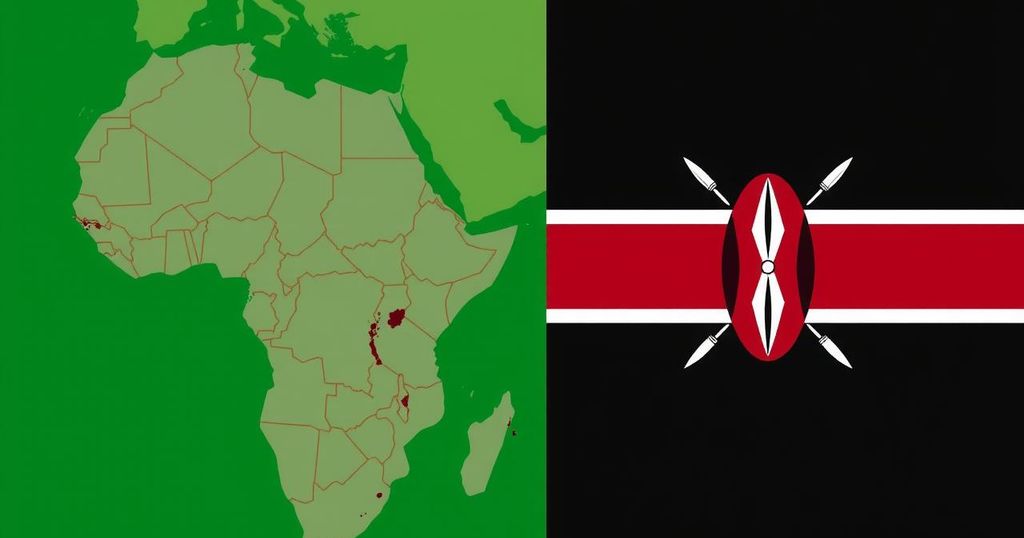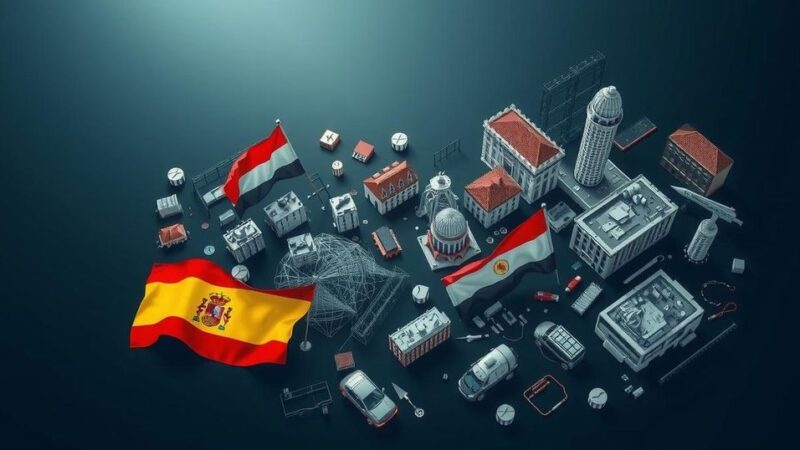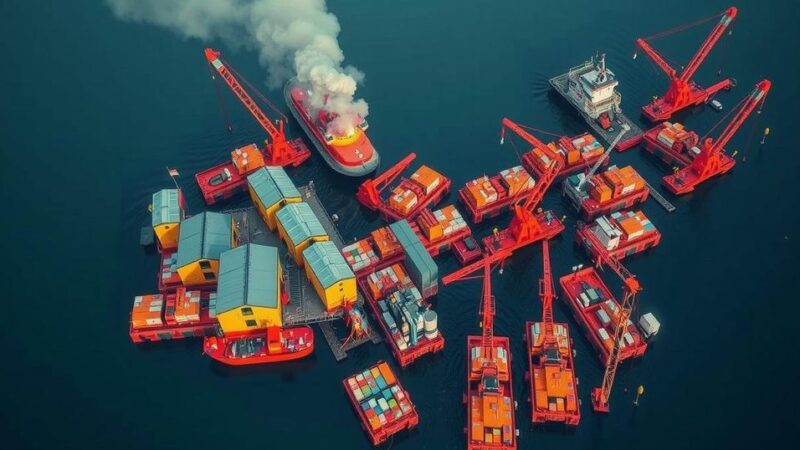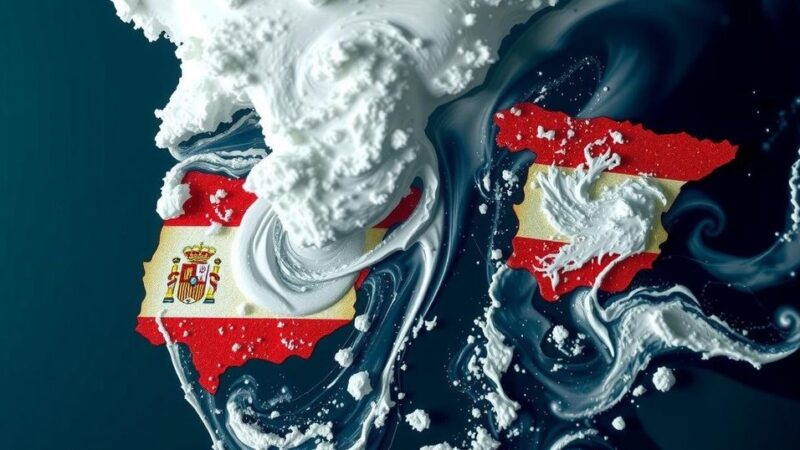Kenya and the Democratic Republic of Congo are the major beneficiaries of recent reforms by the IMF and World Bank, which aim to provide increased concessional funding and reduced debt servicing costs for low-income countries. Key changes include lifting surcharges on loans and doubling the annual funds available under the Poverty Reduction and Growth Trust. Experts highlight the importance of utilizing the funds towards meaningful development initiatives to drive positive change.
Recent reforms by the International Monetary Fund (IMF) and the World Bank have opened new avenues of financial support for Kenya and the Democratic Republic of Congo (DRC), positioning them among the principal beneficiaries of these changes. The reforms, which aim to alleviate the financial burdens on low-income and heavily indebted nations, have resulted in enhanced access to concessional funding and moderated debt servicing costs for these countries. The World Bank, under the leadership of President Ajay Banga, pledged during its annual meeting in Marrakesh to implement measures primarily benefiting these vulnerable economies. In a significant move, the IMF recently lifted surcharges—additional fees imposed on countries whose borrowing exceeds specific thresholds—allowing Kenya and six other nations a reprieve from these financial penalties. Previously, countries borrowing beyond 187.5% of their quota from the IMF faced surcharges of two percent on any extra funds borrowed. With the recent adjustments, this threshold has been revised to 300%, significantly reducing the debt servicing obligations for several African nations. The IMF’s Managing Director Kristalina Georgieva announced that these reforms would reduce borrowing costs by approximately 36%, equating to $1.2 billion annually. This adjustment is particularly favorable given that Kenya, one of the few countries still incurring surcharges, recently paid around $4.6 million in such fees. As Kenya grapples with increasing interest rates and strives to curb its borrowing, this relief arrives at a crucial time. Additionally, the IMF board has approved a substantial increase in the funds available under the Poverty Reduction and Growth Trust (PRGT). The annual allocation will more than double to $3.8 billion, designed to enhance concessional lending to impoverished nations. This facility, which has seen a surge in demand due to the economic fallout from the COVID-19 pandemic, provides loans at zero interest rates to assist countries in their recovery efforts. Both Kenya and the DRC are significant borrowers from the PRGT, with the former owed $1.6 billion as of September 2023. Given the dramatic rise in borrowing rates since the pandemic, the initiative to bolster funding availability is critical for addressing the needs of the poorest countries. Experts acknowledge that while these reforms are essential and have been considered overdue, they call for additional measures to support African nations. Fadhel Kaboub, a development economist, remarked on the surcharge amendment as a necessary change that should have occurred sooner. He emphasized the need for these newly available funds to be allocated towards constructive development initiatives to ensure they contribute positively to growth. “Any financing that comes from the IMF can be used in one of two ways; either to reproduce the structural traps that the continent has struggled with for decades, or it can be used to help undo those traps,” he noted.
The International Monetary Fund and the World Bank, collectively known as the Bretton Woods institutions, play a vital role in providing financial assistance to countries worldwide, particularly in times of crisis. Recent issues such as the COVID-19 pandemic have intensified the need for concessional funding, particularly among low-income, heavily indebted African nations. The current reforms focus on reducing financial burdens and improving access to critical funding avenues to promote sustainable economic development and recovery.
In summary, the recent reforms by the IMF and World Bank represent a significant step towards alleviating the financial pressures faced by low-income countries, specifically Kenya and the DRC. By alleviating surcharges and increasing funds available through the PRGT, these institutions are attempting to increase support for nations struggling with high levels of debt. Nevertheless, the effective and responsible utilization of these funds will be critical in determining their long-term impact on economic stability and growth within the region.
Original Source: www.theeastafrican.co.ke






